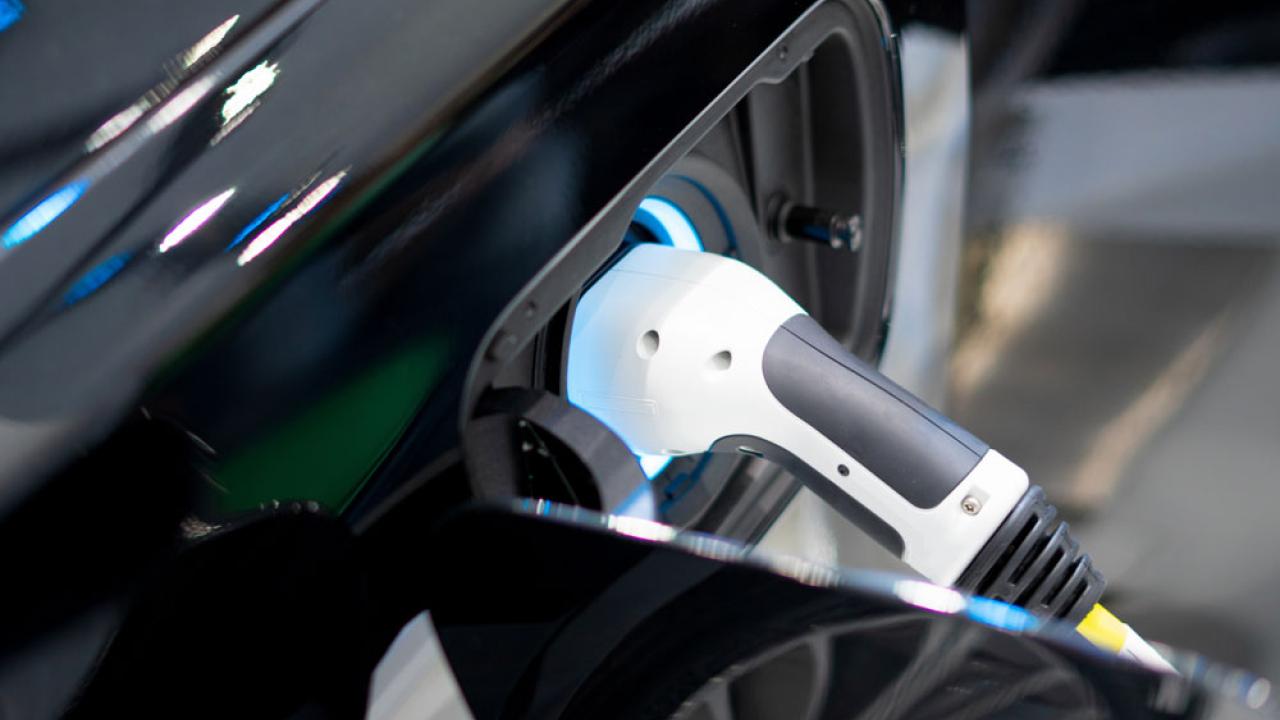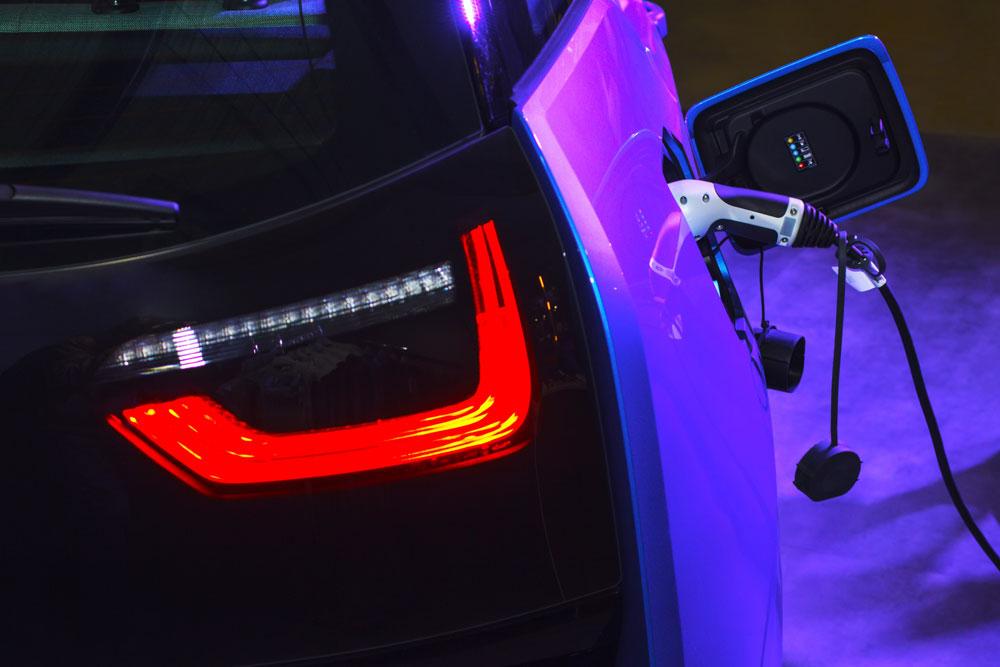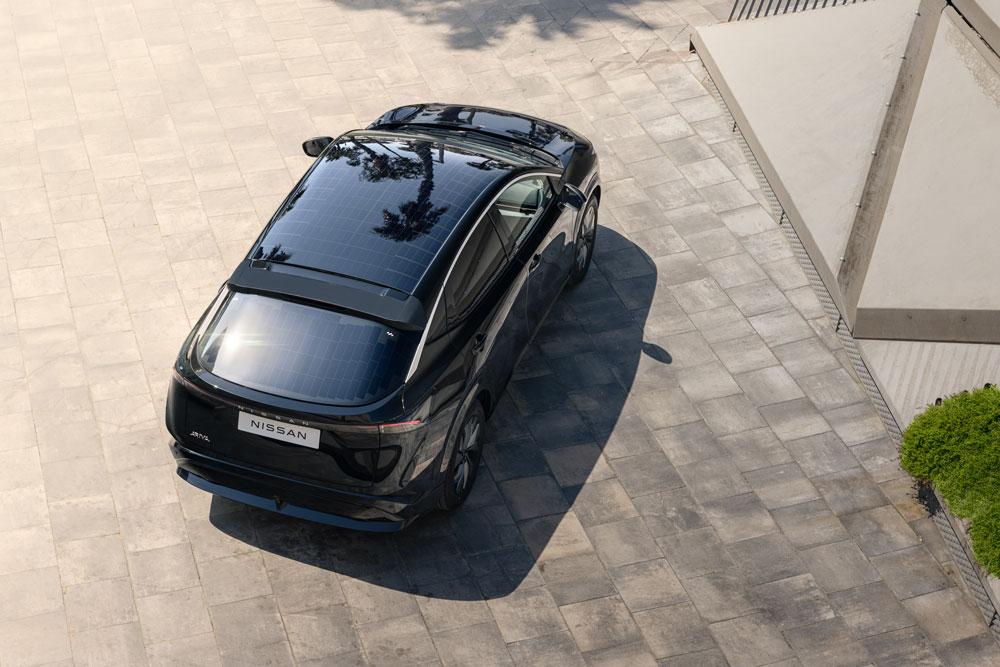Many fleets are unaware of additional Vehicle Excise Duty (VED) charges on electric vehicles and plug-in hybrids that are due to take effect in April, the Association of Fleet Professionals (AFP) has reported.
The changes announced in the Budget last year are likely to have an impact on organisations that operate EVs and PHEVs, and some will see their liability on widely-adopted EVs rise per vehicle from zero to £2,490 over a five year period.
First year VED rates are being increased from zero to £10 for EVs and from zero to £110 for PHEVs emitting between 1-50g/km of CO2. Second year rates have risen more dramatically for EVs – from zero to £195.
Also, EVs that are registered from 1 April will now also become liable for additional rate VED for all vehicles costing more than £40,000, which will be £425 for each of the second to the fifth years of the car’s life.
James Pestell, AFP director, said: “The feedback we are receiving is that many fleets simply haven’t appreciated and accounted for these increases, which are substantial when applied across entire fleets operating dozens, hundreds or thousands of EVs and PHEVs.
“From April onwards, they’ll be receiving bills from the DVLA or shortfall invoices from their leasing supplier, and won’t have factored them into their running costs. That’s why we are flagging up this issue now.”
He added that taken together, the VED increases represented a major jump in costs for EVs.
“Electric cars costing over £40,000 bought after the start of April – including some of the most common models on fleets – that would have attracted no tax in 2024-25 will be liable for £2,490* during the first five years of their life. That’s a big increase.”
The AFP will be holding a Tax Year End webinar on Tuesday 4th March at 10am, featuring tax specialist Harvey Perkins of HRUX and mileage reimbursement expert Barry Monks of TMC. It will cover VED issues and more including the P11D process, PHEV benefit in kind changes, double cab pick ups, car allowance payments, what is a business mile, and CO2 tax changes from 2028.
Many fleets unaware of forthcoming VED changes, says AFP







